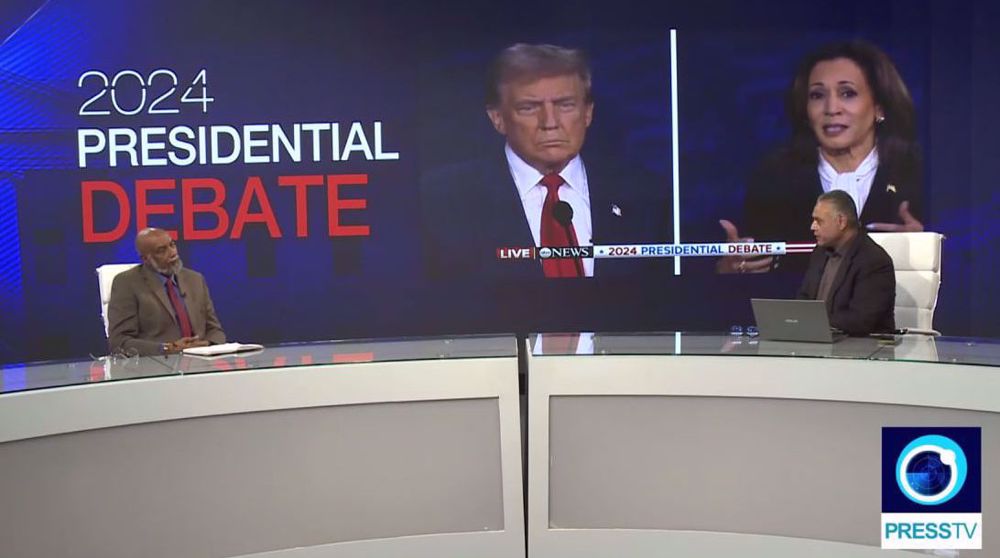Iran not obliged to curb missile tests under JCPOA, Analyst says
Iran has complied with a nuclear agreement but has never agreed to unilaterally disarm and do away with all modern weaponry especially at a time when the country is facing all sorts of dangers, a US-based activist says.
The remarks by Brian Becker, a member of the ANSWER Coalition, came after UN chief Ban Ki-Moon and German Chancellor Angela Merkel claimed that Iran's missile tests were not in the spirit of the nuclear accord.
“It appears that the United States and the Western powers just don’t want Iran to be genuinely independent sovereign state," he told "The Debate" program on Press TV on Saturday night.
"Iran is big enough, its people are educated enough, it has enough oil, it has enough water, it has all that it needs to be a regional power and the US obviously wants hegemonic control over this resource-rich part of the world,” he said.
Becker said the nuclear accord known as the Joint Comprehensive Plan of Action (JCPOA) did represent a shift in the US policy towards Iran, at least within the Obama administration.
"But that doesn’t mean that there is not enough lobby in Washington to break apart any sort of rapprochement between the two countries," he said.
Becker said there are two different poles within the US "both of whom are hostile to Iran and have some sort of organic opposition to the country."
One wing represents the military that actually wants confrontation with Iran, he said, adding the other wing has accepted Iran as a regional power and, as a result, favors the nuclear agreement.
On Saturday, Iran's Foreign Ministry dismissed remarks by the UN head and German chancellor about the country's missile launches.
Foreign Ministry spokesman Bahram Qassemi said Iran’s missile program is not linked to the nuclear deal and did not conflict with the UN Security Council resolution endorsing the agreement.
Jim Walsh, with the Security Studies Program at MIT in Boston, said there should be a distinction between Iran's nuclear issue and the missile program.
“In my own view the language in the UN resolution calls upon Iran not to carry out missiles test related to the nuclear development but that is not a mandatory language," he said, adding the call is not "a requirement" of the nuclear agreement.
“So, I am certainly not surprised that Iran is moving forward with its missile program,” he told Press TV.
“If I had negotiated the agreement, I would not have mixed missiles and the nuclear together. But that is what happened," he added.
Walsh said he didn't expect the status quo to change .
"I expect Iran to continue to work on its missile program since that is not prohibited in the UN resolution.”
On Saturday, the head of the Atomic Energy Organization of Iran, Ali Akbar Salehi, criticized the comments by Ban and Merkel and also denied German intelligence allegations that Iran had been trying to purchase nuclear technology on the black market.
"I feel they are cooking up a plot against us. We should be vigilant," he was quoted as saying by Iran's Tasnim news agency.
Iranian diaspora in EU, UK deplore ban on national airline
VIDEO | Press TV's News Headlines
Israel’s military struggling with shortage of troops: Report
Iran calls for more efforts to establish peace in Gaza, Lebanon
Israel targets journalists in southern Lebanon to mask atrocities
Trump vs Harris: A choice between two deranged war hawks who cheer genocide in Gaza
Over 1,800 Palestinians killed in Israel’s month-long attacks in northern Gaza
UN official urges Egypt to seize Israel-bound arms ship MV Kathrin









 This makes it easy to access the Press TV website
This makes it easy to access the Press TV website